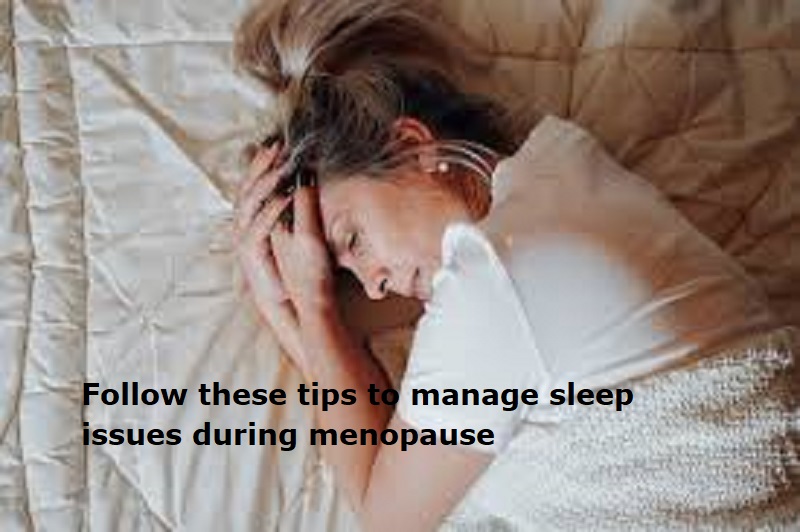
Women often experience hormonal imbalances at different stages of their lives. Menopause begins either in the early 40s or the late 50s. As the body’s estrogen level drops, it hinders the ability to naturally ovulate. Menopause can trigger a range of symptoms, affecting every woman differently. Women dealing with menopause faces mood swings, hot flashes, and are being unable to fall asleep.
Nutritionist and wellness expert Rujuta Diwekar has shared some tips for handling this.
‘Sleep plays a very crucial role in maintaining hormonal balance during menopause. There’s a lot of chatter around weight loss, supplements, surgeries, etc., but sleep remains underrepresented, whether in medical advice or in casual conversations,’ wrote Rujuta Diwekar in a video shared on Instagram.
Rujuta Diwekar suggests a sleep care routine, involving two ways:
The nutritionist suggests 7-9 hours of proper sleep at night to regulate the production of hormones. Rutuja Diwekar also advised women dealing with menopause to get ‘good-quality’ sleep between 9 to 11 pm.
Three easy rules
1. Fuel your sleep
Too much or too little food will lead to a compromise in sleep quality. Eat dinner by 7-8 pm.
2. Daily afternoon nap
Right after lunch and not more than 20-30 mins. It really helps in cases of pelvic pain, thyroid dysfunction, and long and painful periods with clots.
3. Say no to stimulants
Like tobacco, avoid all forms of alcohol including wine. Regulate tea and coffee to 2-3 cups a day and don’t consume the beverages post 4 pm. No chocolates too.
Rutuja Diwekar highlighted three hormones that are very important during menopause. They are:
Also Read: Simple ways to follow to improve your sexual confidence
1. IGF-1
Insulin-like growth factor 1, keeps your insulin resistance under check and ensures that you don’t suffer from pigmentation, and high blood sugars.
2. GH
Growth hormone, maintains elasticity of the skin, prevents thinning of hair and hair loss. It also ensures that you get bang for your buck in terms of fat loss and muscle tone for the time and effort you invest in exercise.
3. Testosterone
While it’s known for being a male hormone, it’s produced by the ovaries too, and ensures that bone density, musculature, and sex drive are not compromised.

Post Your Comments